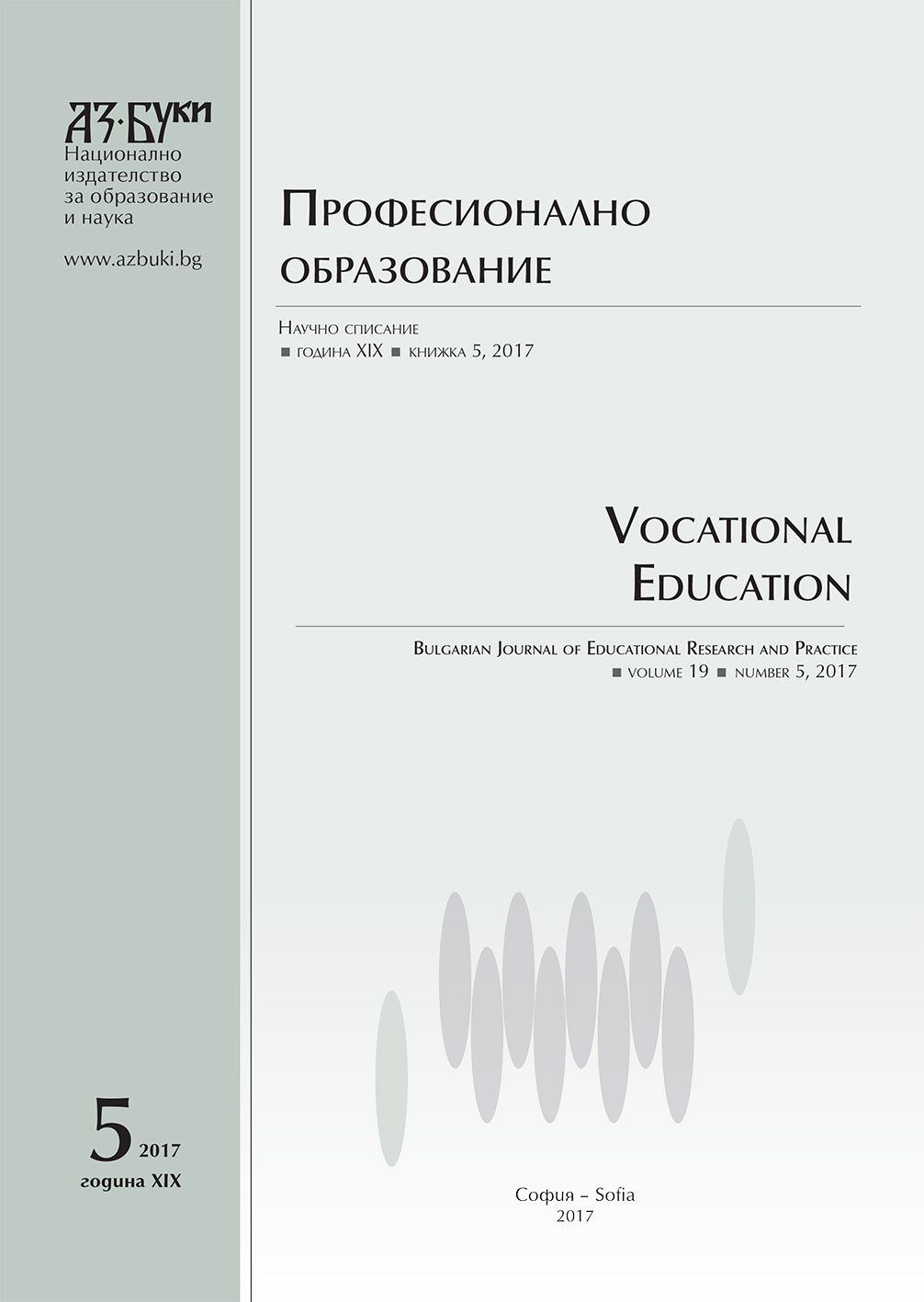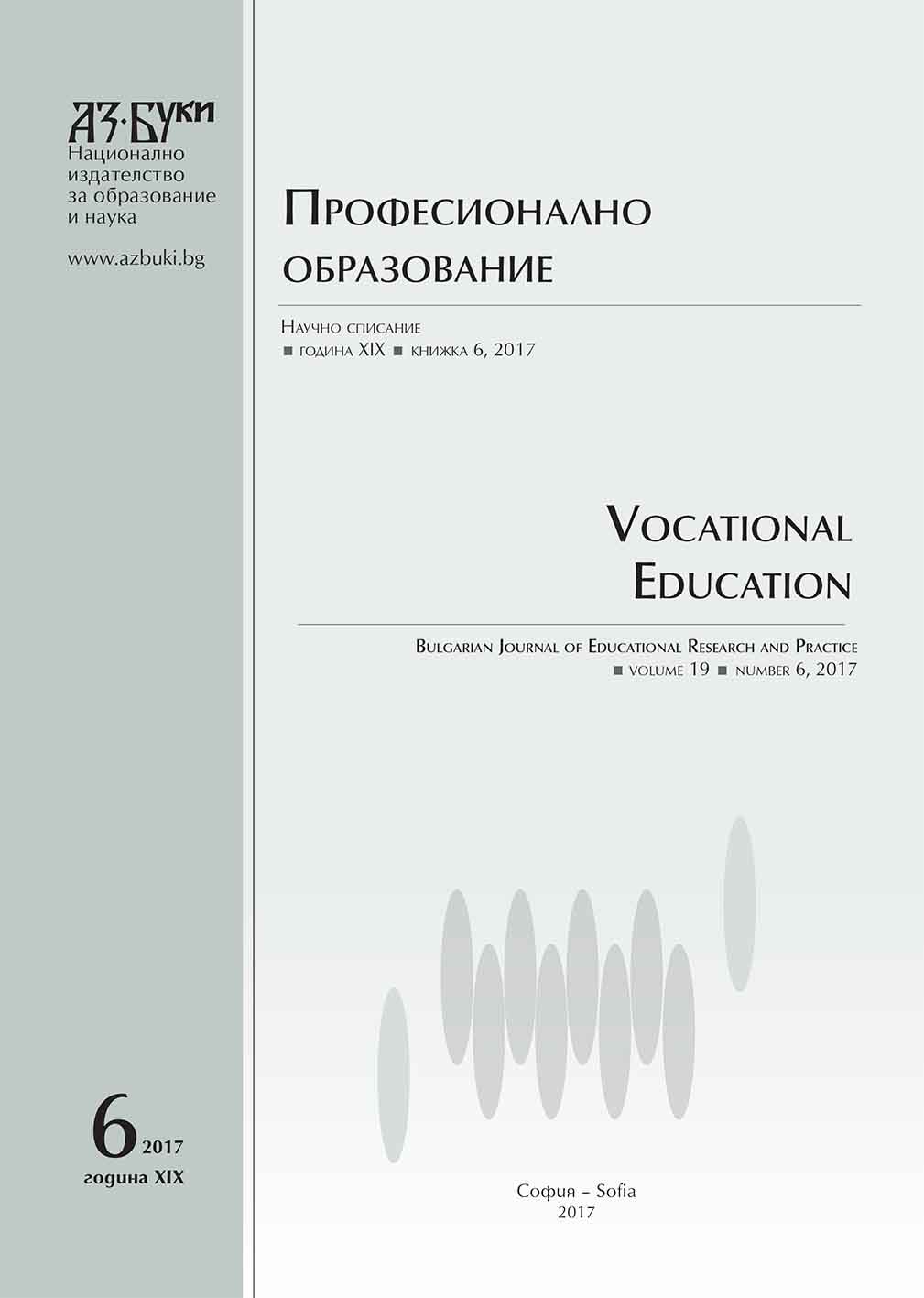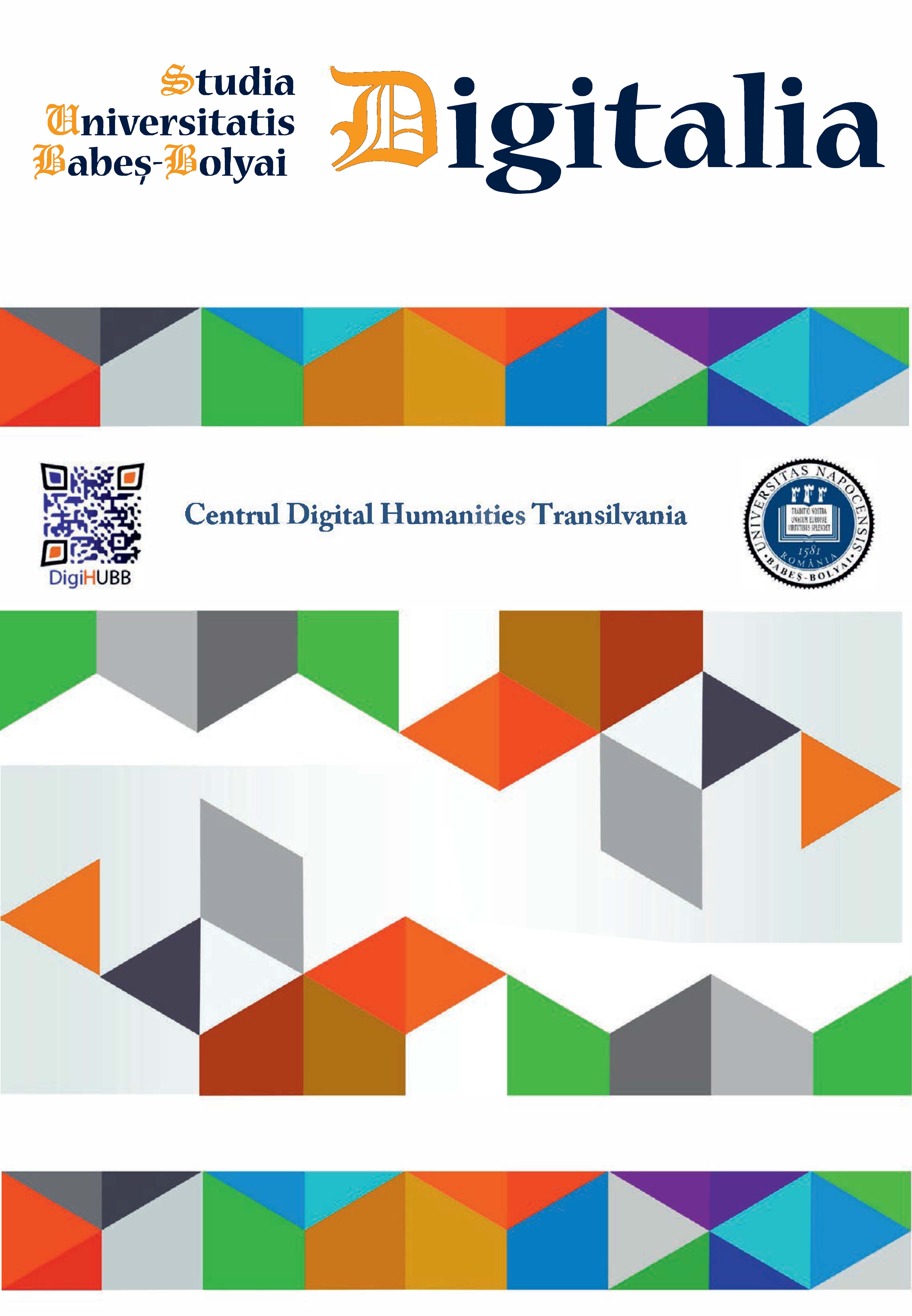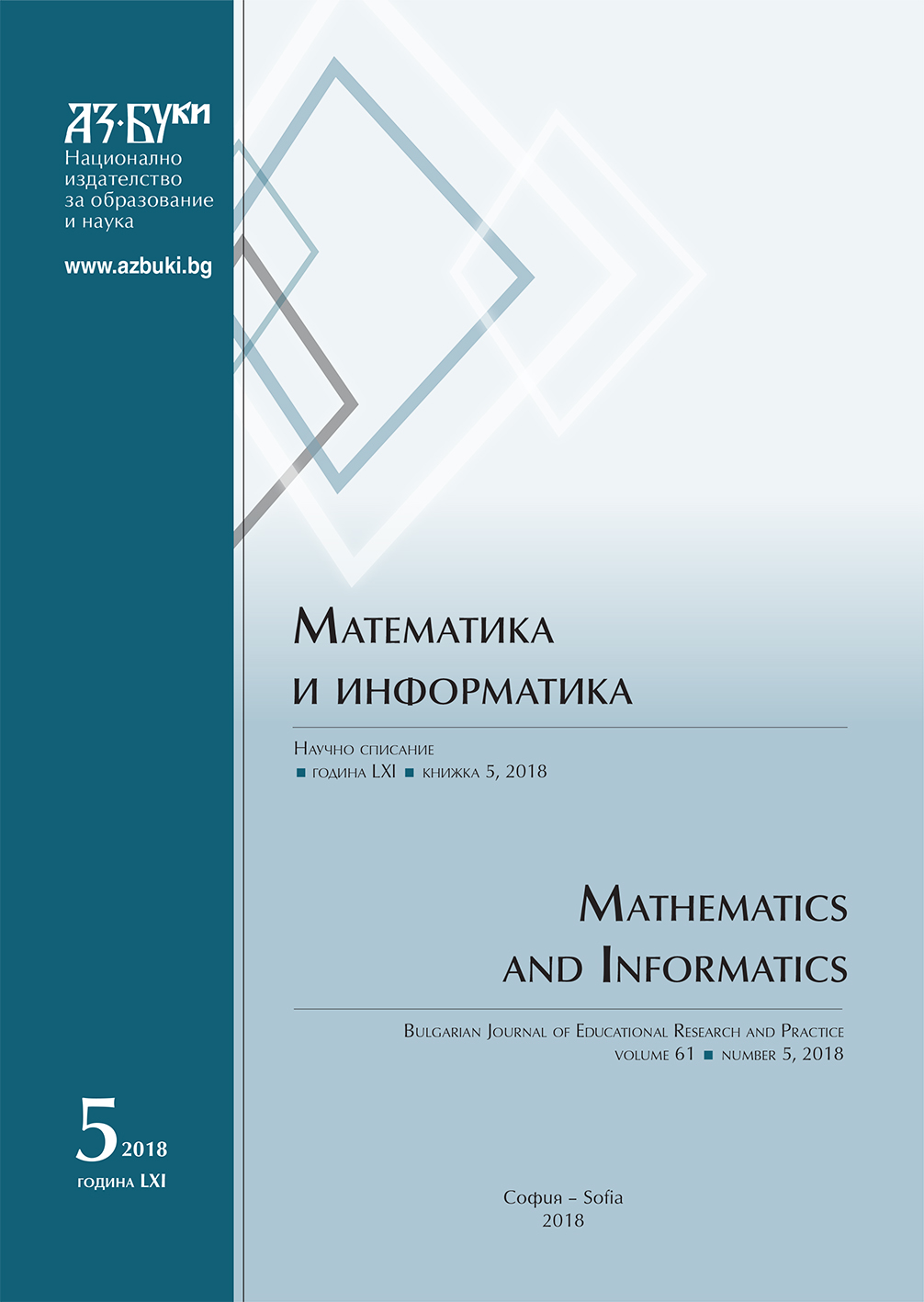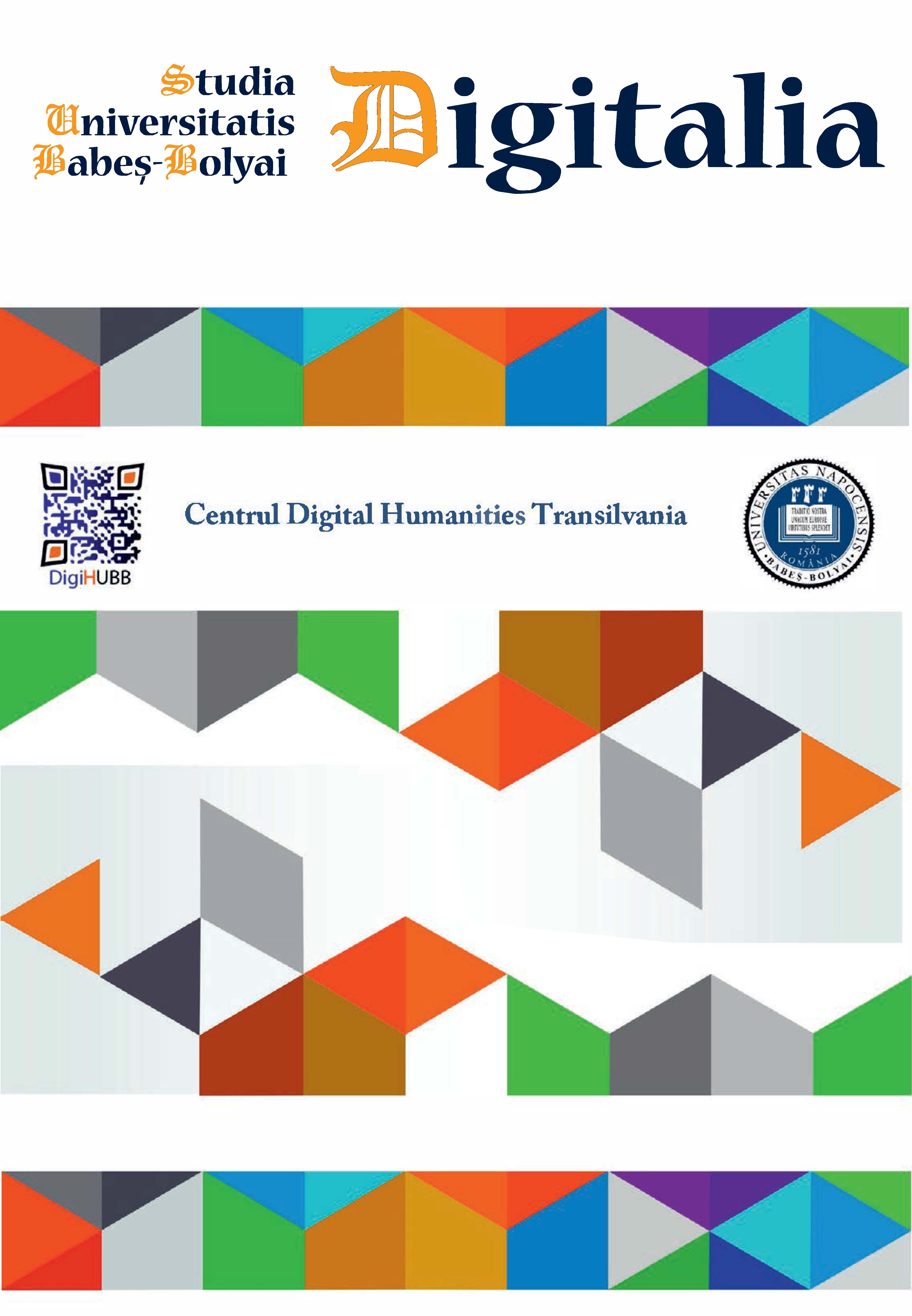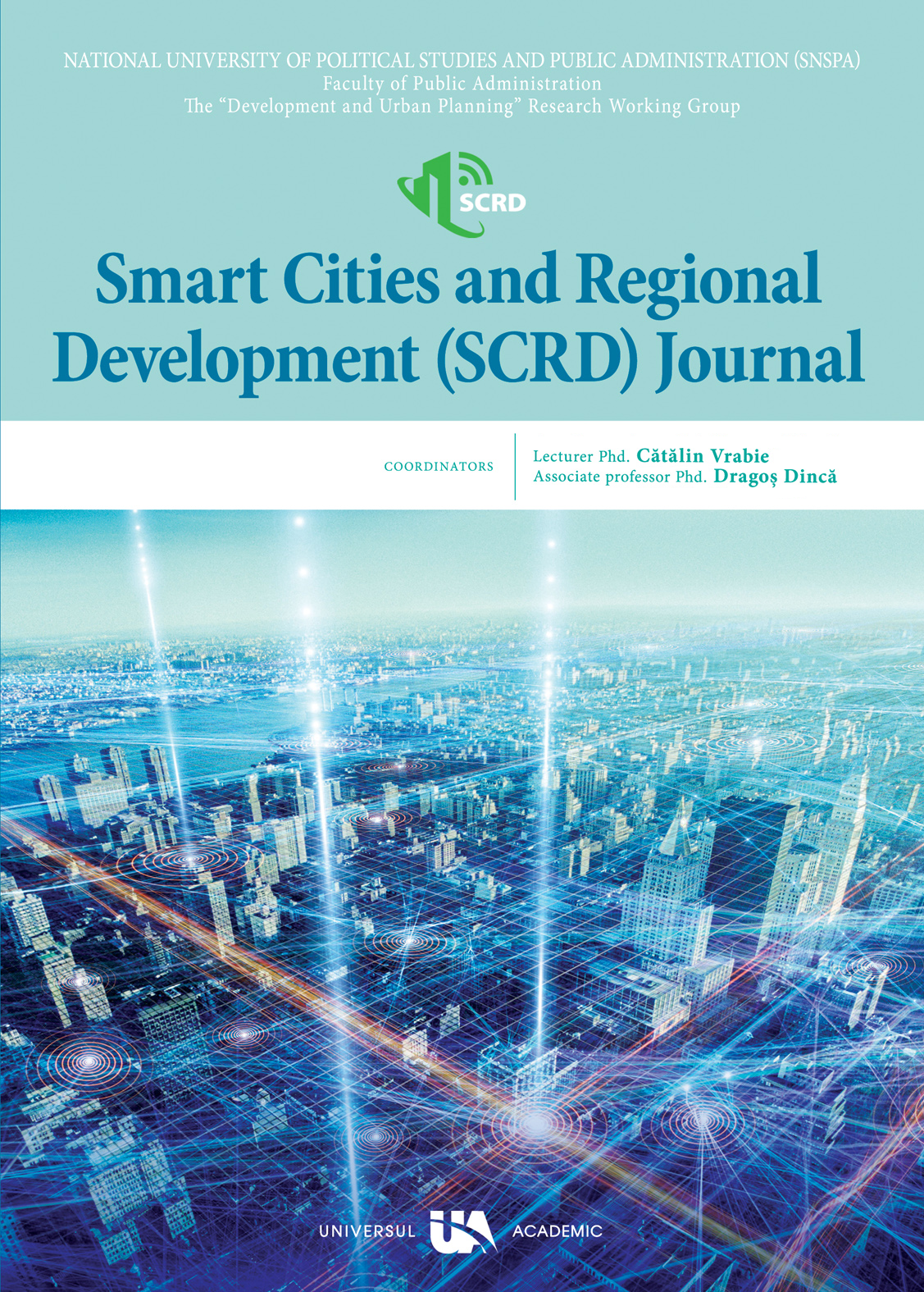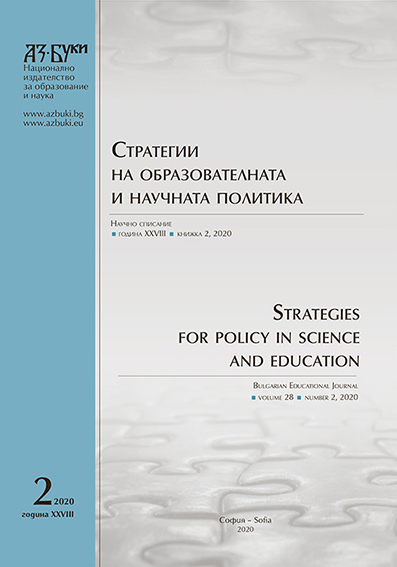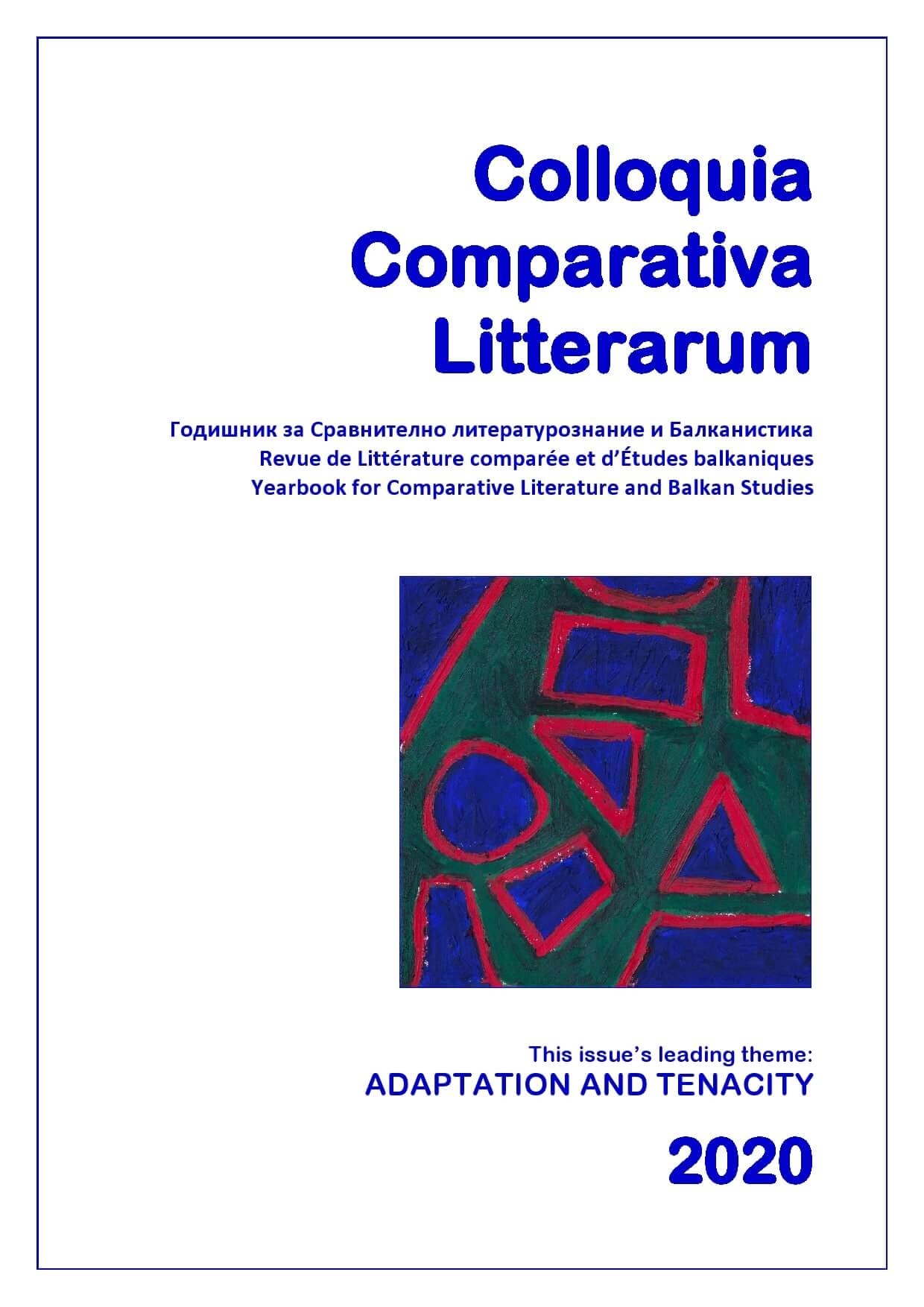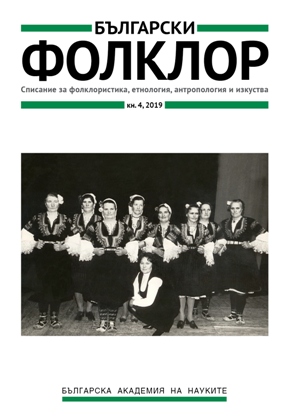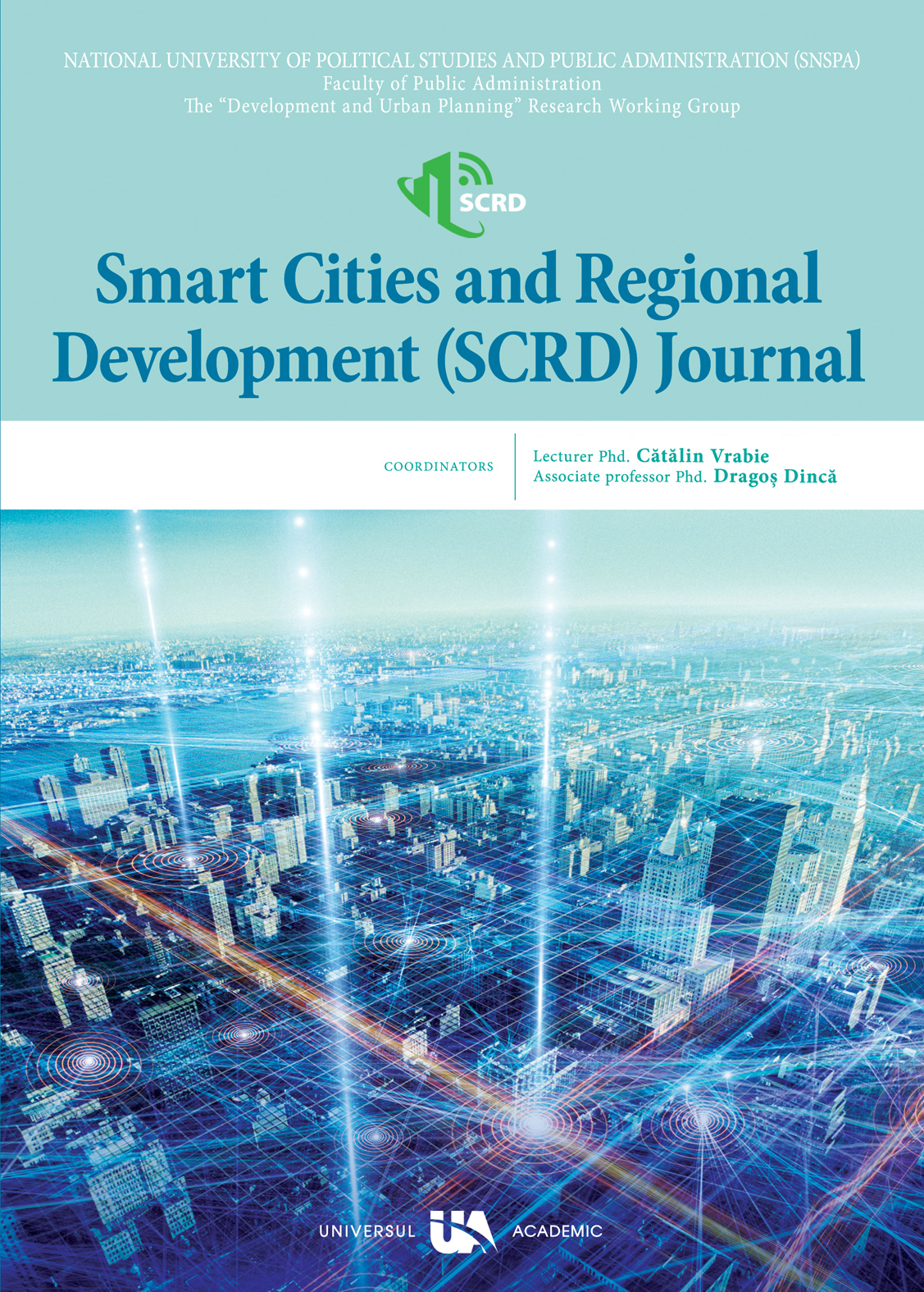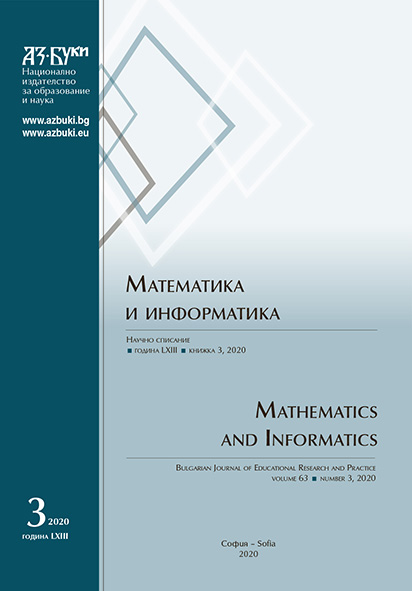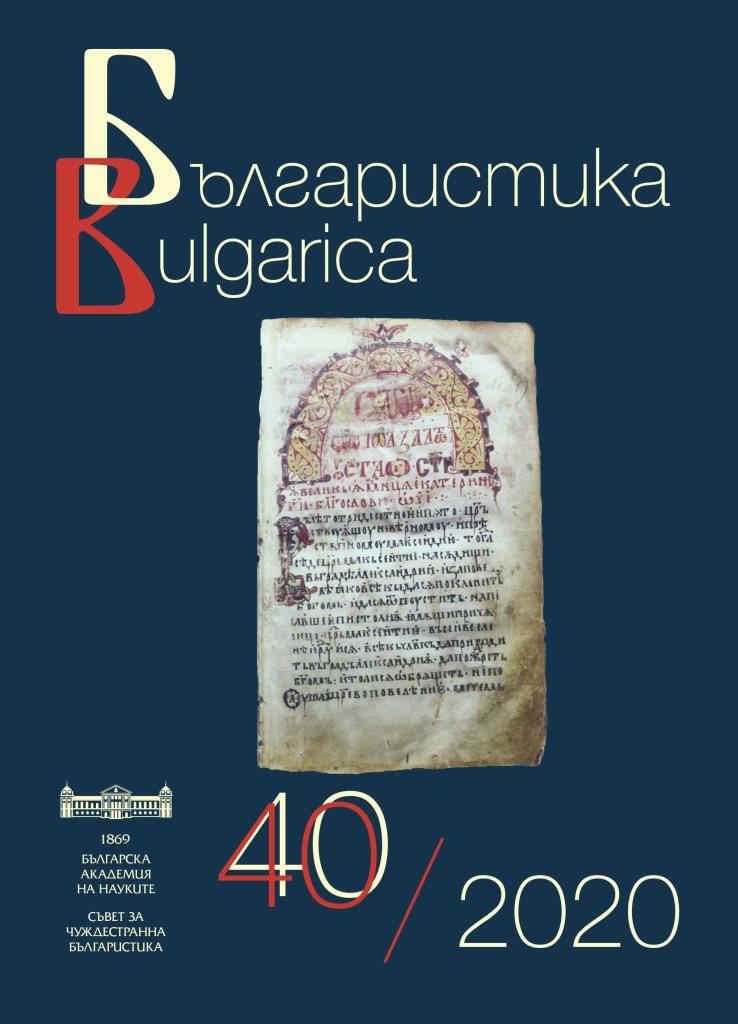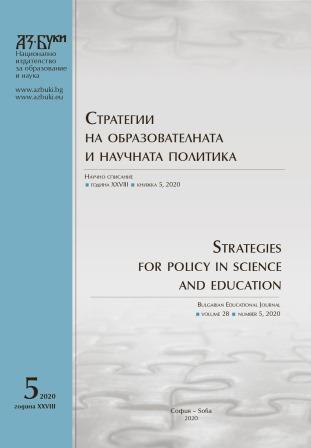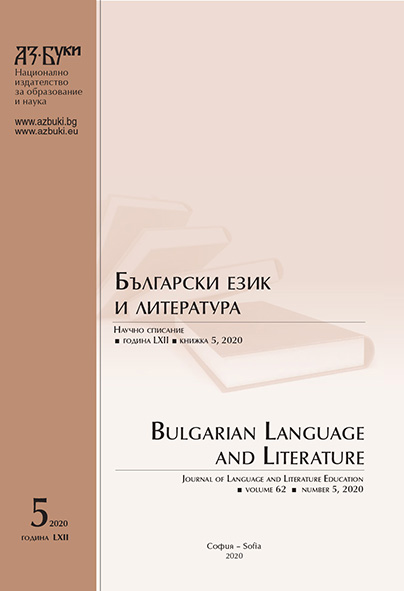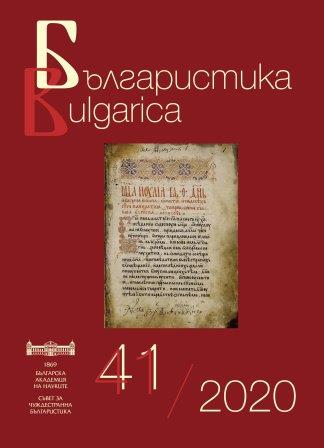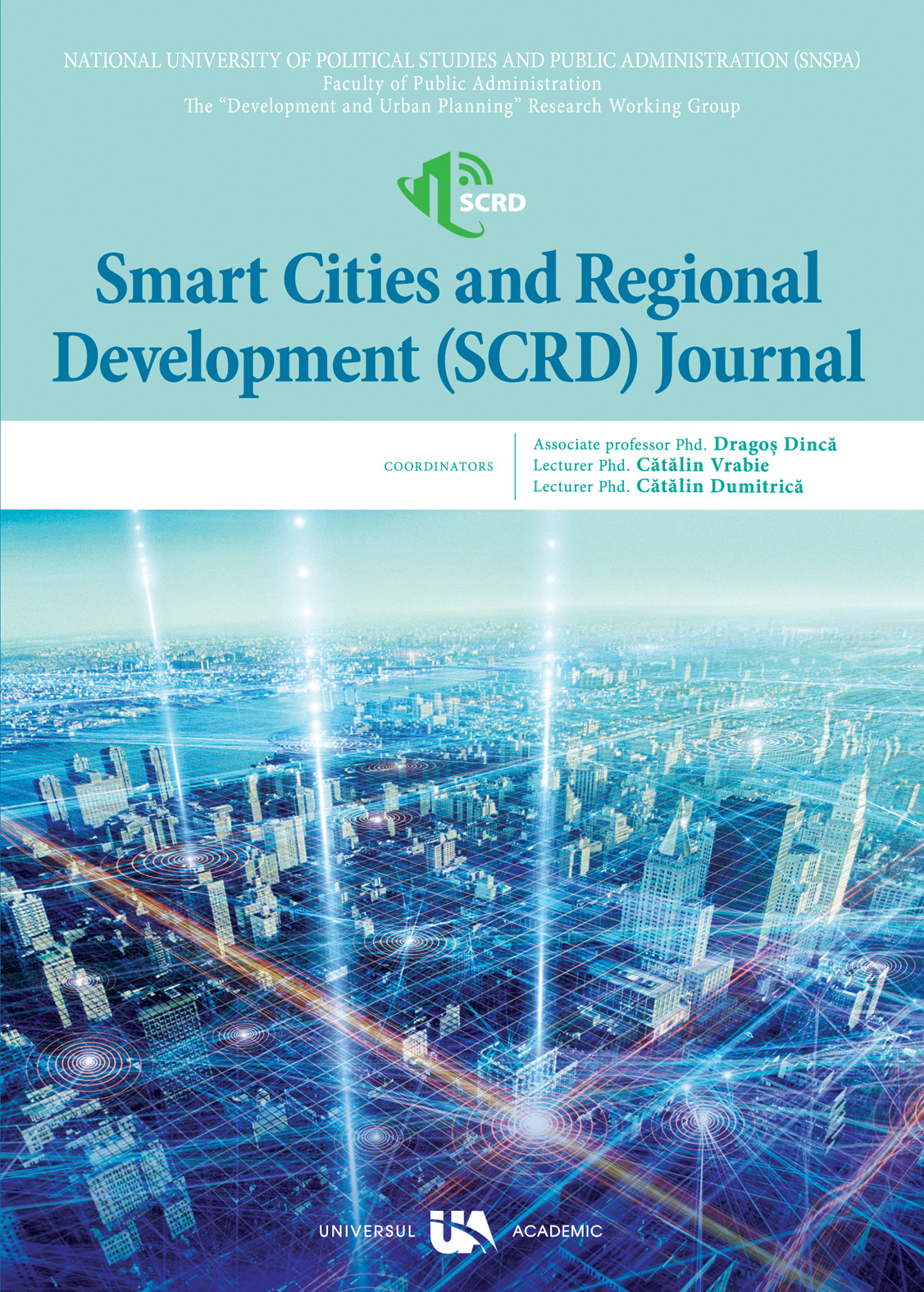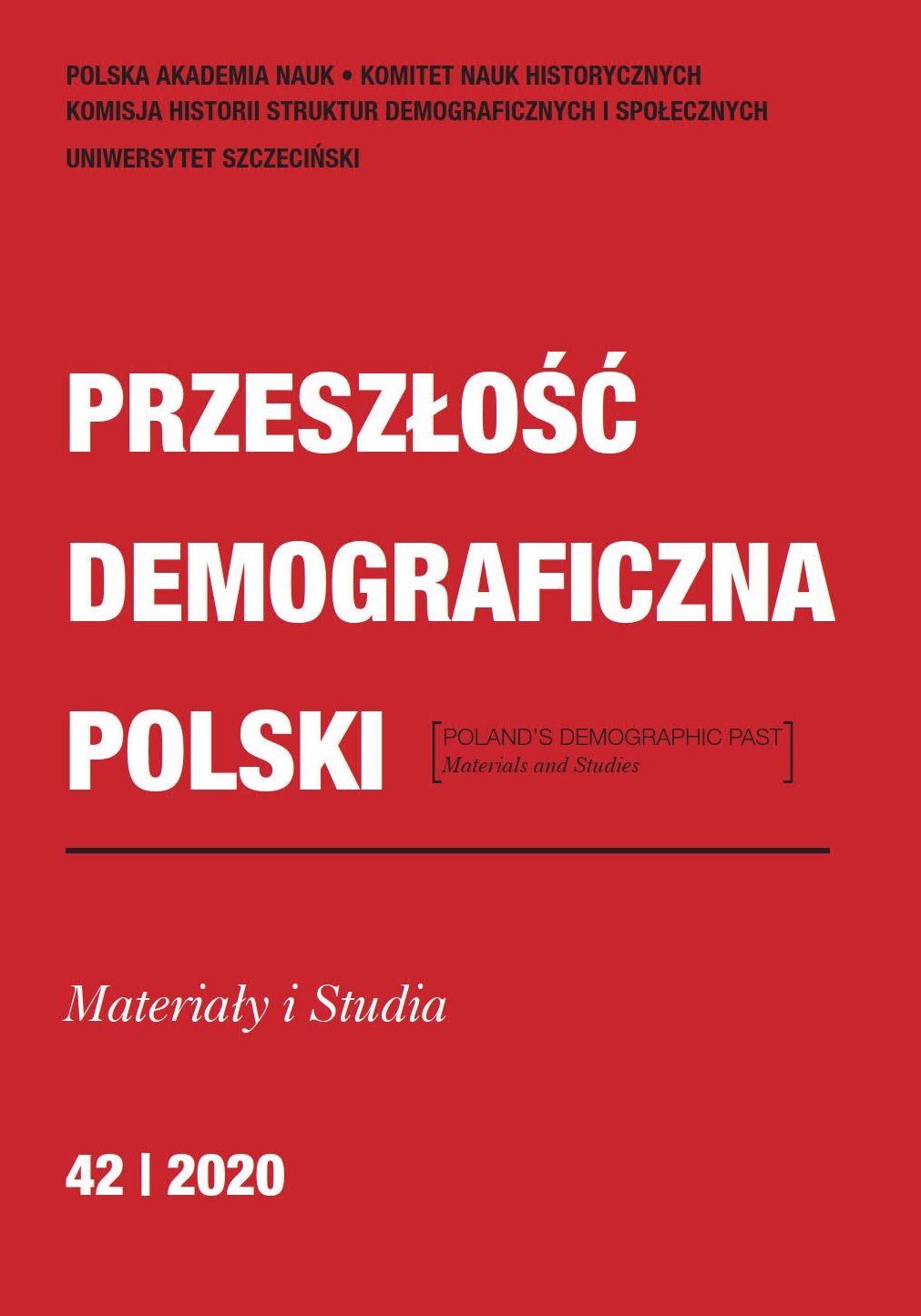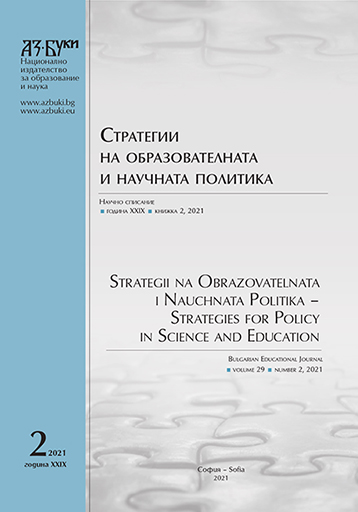Author(s): Alessandra Di Tella / Language(s): English
Issue: 1/2018
“Humanities”, “Commerce” and “Monographs” are three terms that have been existed for a very long time. Nowadays, they are often conceptualized in a digital way that implies a radical paradigm shift in their main features. The aim of this article is to investigate the possibility of interaction between digital humanities and e-commerce, through their application to the genre of digital monographs. By “digital monograph” we mean born-digital, long-form, media-rich, scholarly publication, that rejects the print-based form (and so the e-book format) and takes advantage of the methods and tools of digital humanities. In particular, digital monographs re-think the traditional textuality of essays; textuality becomes “liquid” and multimodal. Because of publishing, obsolescence, discoverability, use, evaluation, etc. these products must be hosted on a publishing platform that is suitable for the scholarly needs both of the authors and of the final users. The link with e-commerce arises from the need of the publishers to sell the products of research, especially in countries where the academic publishing system is not based on University Presses but on commercial ones. This study wants to reflect on how the economic logic of profit and cultural logic can coexist in a digital publishing platform: is it possible to overcome the “monograph crisis”? What are the major problems that arise when selling an academic monograph? What business models could be the most suitable for this kind of publication? In what way can a publisher improve customer loyalty? The thesis of this article is that digital enhancement of the monograph plays a key role in its sale. The opportunities offered by the digital humanities, in fact, are not only a matter of format; they are, indeed, what makes the substantial difference in the quality of scientific communication. They enable the authors and the publishers to offer the consumer something that neither the print version, nor the e-book can do. First of all, a digital monograph allows a direct link with primary and secondary sources; secondly, it supports different layers of use and wider accessibility. Moreover, it gives both the author and the reader, the possibility to better represent and understand the complexity of the research and of the methods and tools that are used. On the other hand, this article considers the infrastructure for producing and hosting these products and its importance in the development of a cultural community based on scholarly value creation. These are some of the issues that a digital publishing project needs to consider in order to sell its products and become sustainable. After discussing these questions, this article postulates a possible functioning business model of subscription based on the concept of cultural engagement. The conclusions concern the requirement of an editorial workflow that links together all the phases of production, from the author’s composition to the reader’s purchase.
More...
